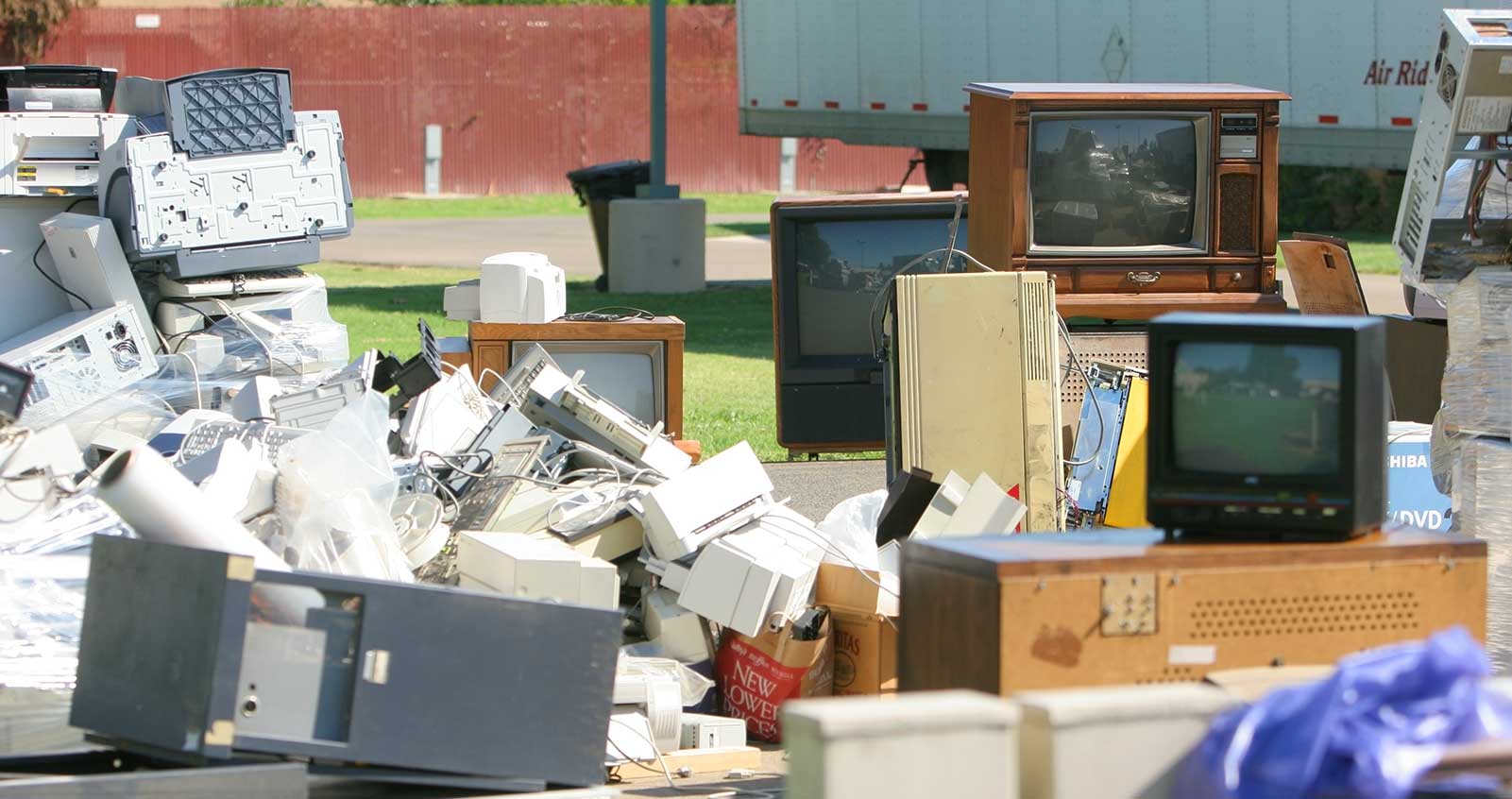Plastic Waste to Sustainable Fuel
Posted on 17/11/2024
Plastic waste is a global environmental challenge, posing severe threats to ecosystems and human health. The traditional methods of waste management, such as landfilling and incineration, are increasingly becoming inadequate. Amidst this pressing issue, a promising solution is emerging - converting plastic waste into sustainable fuel. This innovative approach not only addresses the plastic pollution problem but also contributes to the production of renewable energy.
The Process of Converting Plastic Waste to Fuel
The conversion of plastic waste into fuel typically involves three main processes: pyrolysis, gasification, and depolymerization. Each method has its unique mechanisms and advantages in transforming plastic waste into valuable fuel products.
Pyrolysis
Pyrolysis is a thermal decomposition process that occurs in the absence of oxygen. It involves heating plastic waste to high temperatures, typically between 300?C and 500?C, breaking down the long-chain polymer molecules into smaller hydrocarbons. The output from pyrolysis can be further refined into gasoline, diesel, or other valuable chemicals.
Gasification
Gasification involves converting organic material, including plastic waste, into syngas (a mixture of hydrogen, carbon monoxide, and methane) through a partial oxidation process at high temperatures (above 700?C). Syngas can be utilized to produce electricity, synthetic fuels, or chemical feedstocks.
Depolymerization
Depolymerization breaks down plastic polymers into their monomers using heat, chemicals, or biological processes. The reclaimed monomers can then be repurposed to create new plastic materials or converted into fuel products.

Environmental Benefits of Converting Plastic Waste to Fuel
The conversion of plastic waste to fuel presents numerous environmental benefits:
- Reduction in Plastic Pollution: By diverting plastic waste from landfills and oceans, this process helps mitigate the adverse effects of plastic pollution.
- Decreased Greenhouse Gas Emissions: Converting plastic into fuel produces fewer greenhouse gases compared to traditional plastic disposal methods, such as incineration.
- Resource Efficiency: Utilizing plastic waste as a raw material for fuel production constitutes a form of resource recycling, promoting a circular economy.
Economic and Social Impact
Besides environmental benefits, the conversion of plastic waste to fuel has significant economic and social impacts:
- Job Creation: Establishing plastic-to-fuel facilities can generate employment opportunities in the renewable energy and waste management sectors.
- Energy Security: Producing fuel locally from waste materials reduces dependency on fossil fuel imports, enhancing national energy security.
- Revenue Generation: The sale of converted fuel and by-products can create new revenue streams for businesses and municipalities.
Pros and Cons of Converting Plastic Waste to Fuel
Pros
- Environmental Sustainability: Helps in managing plastic waste and reducing environmental pollution.
- Renewable Energy Source: Provides an alternative to fossil fuels, contributing to energy sustainability.
- Economic Growth: Promotes job creation and economic development within the renewable energy sector.
- Innovative Recycling: Supports the development of new technologies and innovations in waste management.
Cons
- High Initial Investment: Setting up plastic-to-fuel conversion facilities requires significant capital investment.
- Technical Challenges: The process involves complex technologies that may face operational and efficiency issues.
- Emissions Concerns: Although lower than incineration, the conversion process can still produce emissions that need to be managed.
- Market Viability: The economic feasibility of the converted fuel depends on market demand and oil prices.
Tips for Effective Plastic Waste to Fuel Conversion
- Invest in Reliable Technology: Choose cutting-edge, proven technologies to ensure efficient and sustainable conversion processes.
- Regulatory Compliance: Adhere to all environmental and safety regulations to avoid legal issues and promote community trust.
- Partnerships and Collaboration: Engage with governments, private sectors, and research institutions to foster innovation and secure funding.
- Scaling Up: Start with pilot projects to test feasibility, then scale up operations based on successful outcomes.
- Public Awareness: Educate the public about the benefits and processes of converting plastic waste to fuel to gain community support.

Key Takeaways
- The transformation of plastic waste into sustainable fuel offers a viable solution to the global plastic pollution crisis.
- Three primary methods of conversion are pyrolysis, gasification, and depolymerization, each with unique advantages.
- Environmental benefits include reducing pollution, decreasing greenhouse gas emissions, and promoting resource efficiency.
- Economic and social impacts include job creation, energy security, and new revenue streams.
- Challenges include high initial investment, technical and compliance issues, and market viability concerns.
Conclusion
Converting plastic waste to sustainable fuel is an innovative approach that addresses both environmental and energy-related challenges. While there are pros and cons associated with the process, the potential benefits in terms of pollution reduction, energy sustainability, and economic growth are substantial. By investing in reliable technology, ensuring regulatory compliance, and fostering public awareness, this approach can significantly contribute to a cleaner, greener, and more sustainable future.
Embracing this transformative solution not only helps in mitigating the ever-growing plastic pollution crisis but also propels us towards achieving sustainable energy goals. It is a critical step in creating a more resilient and ecologically sustainable world.




